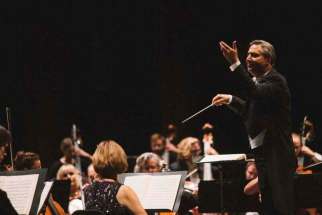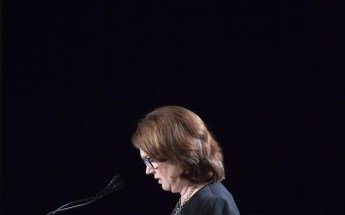Haydn seek Classical music attracts young listeners looking for new experiences with old-fashioned appeal
Read this article for free:
or
Already have an account? Log in here »
To continue reading, please subscribe:
Monthly Digital Subscription
$0 for the first 4 weeks*
- Enjoy unlimited reading on winnipegfreepress.com
- Read the E-Edition, our digital replica newspaper
- Access News Break, our award-winning app
- Play interactive puzzles
*No charge for 4 weeks then price increases to the regular rate of $19.00 plus GST every four weeks. Offer available to new and qualified returning subscribers only. Cancel any time.
Monthly Digital Subscription
$4.75/week*
- Enjoy unlimited reading on winnipegfreepress.com
- Read the E-Edition, our digital replica newspaper
- Access News Break, our award-winning app
- Play interactive puzzles
*Billed as $19 plus GST every four weeks. Cancel any time.
To continue reading, please subscribe:
Add Free Press access to your Brandon Sun subscription for only an additional
$1 for the first 4 weeks*
*Your next subscription payment will increase by $1.00 and you will be charged $16.99 plus GST for four weeks. After four weeks, your payment will increase to $23.99 plus GST every four weeks.
Read unlimited articles for free today:
or
Already have an account? Log in here »
Hey there, time traveller!
This article was published 04/03/2019 (2472 days ago), so information in it may no longer be current.
Last summer, The Guardian published an article pegged to a surprising stat: the U.K. classical music station Classic FM had seen a 30 per cent jump in under-35 listenership in the preceding 18 months.
Sarah Gosling, the author of the piece, is a listener in that demographic. She attributes the uptick in millennial listeners to a genre of music more commonly associated with an older demographic to three things: gateway film scores; the challenge (and satisfaction) of getting into a realm of music some might find intimidating or esoteric; and the fact that “tired and wired” millennials may be seeking a form of escape that centuries-old music can provide.
“Classic FM is the musical equivalent of a long massage as opposed to the double espresso that is mainstream radio — a lot more wholesome, considerably longer lasting and a much-needed antidote to modern life,” she writes.
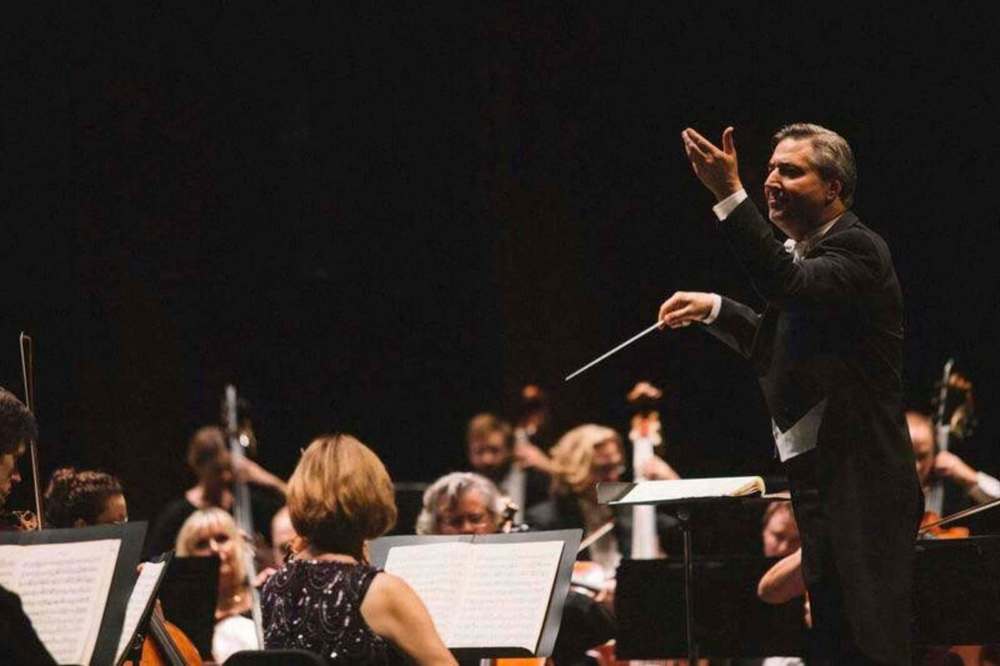
There’s definitely something to that. For evidence of this trend in Winnipeg, look no further than the popularity of the Winnipeg Symphony Orchestra’s Soundcheck program, open to 15- to 30-year-olds. Soundcheck members can see as many WSO concerts as they want for $15 per concert. Season passes are $85. The membership is free.
Soundcheck has been around in some form since about 2005, though back then it was called the Student Bottomless Pass. For a long time, membership hovered at around 300; now, thanks in part to social media, those numbers have grown. Currently, there are 1,303 active members, compared with 1,033 active members in the 2017-18 season.
That growth is also reflected in the number of season-pass holders. In the 2017-18 season, there were 117. In the current season, that number jumped to 414.
Soundcheck is a way for the WSO to build its audience, but it’s also a way for young people to access a cultural space that can seem intimidating.
“(WSO concerts) might not be accessible to them for a number of reasons, whether it’s the price point, or they feel like there are all these rules and etiquette they don’t get, or they feel like they don’t understand what they should listen for or wear,” says Tatiana Carnevale, operations co-ordinator (and, at 29, part of the Soundcheck/millennial demographic). “With the Soundcheck program, we’re trying to remove those barriers and say, ‘If you come, you’ll probably like it. There’s something for everyone who likes music.’”
Kristen Einarson, 24, is the marketing and communications co-ordinator at the WSO, but her Soundcheck membership predates her employment. She was introduced to the program via her boyfriend.
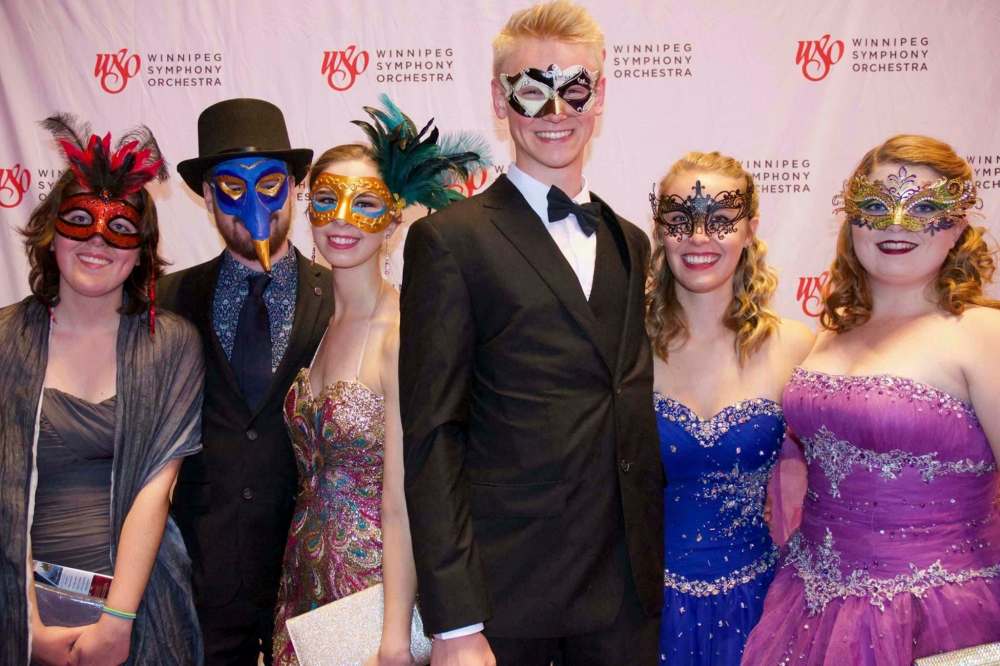
“I had no idea you could go to the WSO for $15 a pop and once we started going we didn’t stop,” she says. “I had no idea how to really listen to symphonic music before I started with Soundcheck and now it’s what I listen to most at home. Before then I had gone to the symphony a few times a year with my grandmother.”
It’s true that Winnipeggers (not just cash-strapped millennial ones) love a bargain. “It’s a great deal,” Einarson acknowledges. But its appeal also speaks to how millennials spend their money.
“I think people my age are more interested in buying experiences versus things, or at least that’s what my Instagram feed has told me,” she says, and there’s a raft of trend pieces and surveys out there backing up her claim.
“We have bunch of Soundcheck-exclusive events — like Dust Off the Dress, where people can wear their grad dresses or old bridesmaids dresses to the symphony.
“It’s also just cool to say, ‘I went to the symphony this weekend.’ It’s not super expected. At my last job, every time I went to the symphony they used to laugh at me and say, ‘Oh my god, you’re like 80 years old.’”
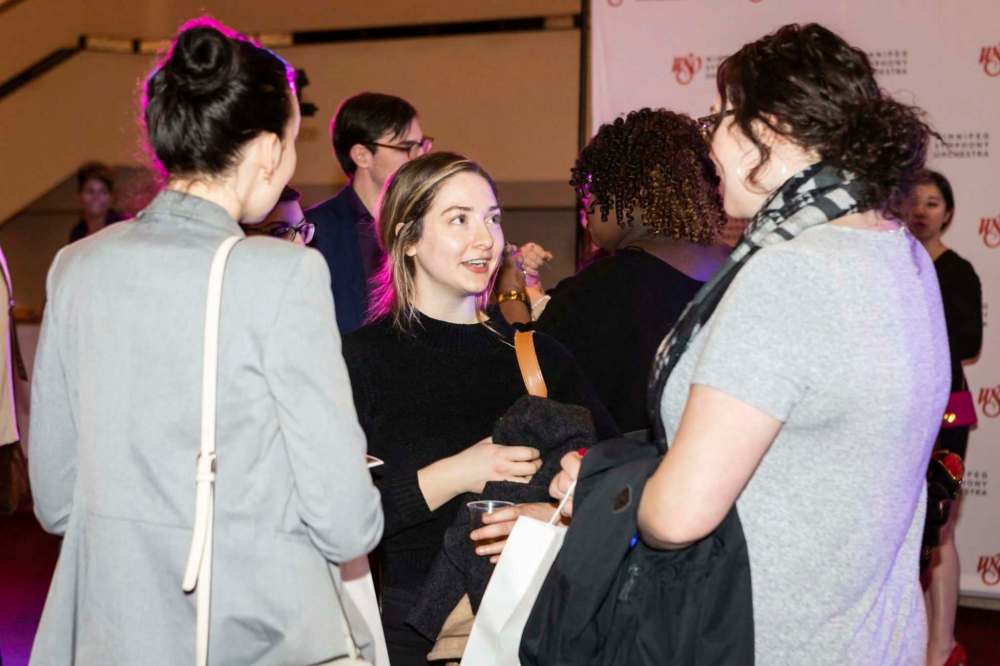
And while one might assume that young audiences would gravitate towards more accessible WSO series, such as Pops or Night at the Movies, they’d be mistaken. “In the Soundcheck demographic, it’s actually Classics that are the most popular, then the movies concerts, and Pops is closer to the bottom,” Carnevale says. “People in the millennial demographic, they’re not really looking to come to the symphony for a Pops concert. They’re looking for that classic experience.”
What about classical radio? Claudia Garcia de la Huerta, the program director at Classic 107, says that while the radio station doesn’t collect listener demographics, she suspects classical listenership may skew younger because of the music schools, orchestras and choirs that exist here.
Two of the station’s on-air personalities are millennials, including newly minted morning show host Simeon Rusnak. “At 26, I’m pretty sure he is one of the youngest classical music hosts on the airwaves. He has a degree in music history from the University of Manitoba,” she says via email. “Our current Saturday morning show host, Ashley Rees, just received her masters of music in vocal performance from the University of Manitoba.”
But, as the WSO has also proven with Soundcheck, the stereotypical “classical music listener” — you know, top hat, monocle, octogenarian — doesn’t exist.
“In the five years we’ve been on the air, we are constantly being surprised by the listeners that reach out to us or who are contest winners,” Garcia de la Huerta says. “They range from the elderly to the very young. Men, women, truck driver to doctor. There is no ‘typical’ listener.”
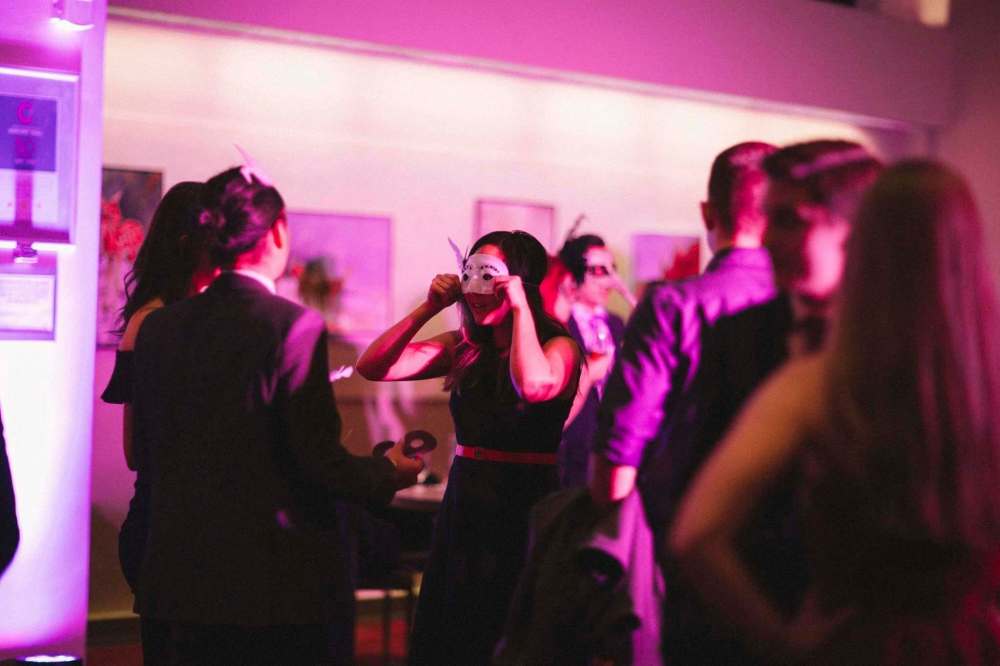
jen.zoratti@freepress.mb.ca
Twitter: @JenZoratti

Jen Zoratti is a Winnipeg Free Press columnist and author of the newsletter, NEXT, a weekly look towards a post-pandemic future.
Our newsroom depends on a growing audience of readers to power our journalism. If you are not a paid reader, please consider becoming a subscriber.
Our newsroom depends on its audience of readers to power our journalism. Thank you for your support.





